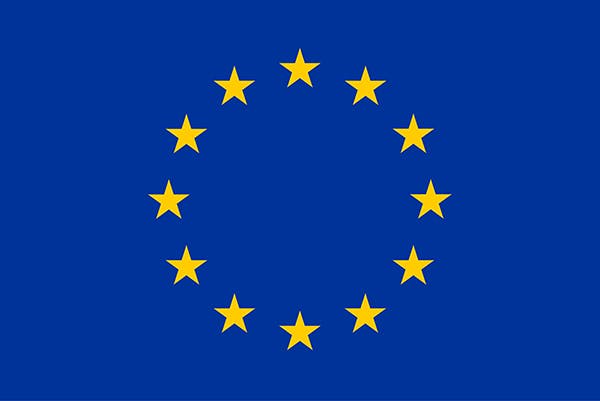Free text analysis of a recent survey on tele aftercare
Based on the questionnaires of the pilot project "Caspar multimodal"
Background
For a scientific contribution at the 31st Rehabilitation Science Colloquium 2022 in Münster, the received questionnaires of the pilot project "Caspar multimodal" on behalf of the German Pension Fund were used as data basis for an analysis.
Objective
On the basis of a large case number from a DRV survey it was aimed to evaluate which reasons rehabilitation patients gave for choosing tele aftercare and which aspects were decisive for them personally.
Methods
The data basis was provided by the digitally collected questionnaire data of a DRV
survey, which were collected in the period from May 2021 to January 2022. All rehabilitation patients were included in the analyses for whom a digital questionnaire was available and who had completed their aftercare with Caspar. Questions with multiple choice as well as the free text information on the reasons for choosing a tele aftercare were extracted, clustered in terms of content, and analyzed. In addition, the sociodemographic characteristics of the patients were analyzed descriptively.
Results
The questions for the decisive reasons for participation in tele aftercare could be evaluated from 690 patients: In descending order, the reasons given included low time requirements (312), professional reasons (265), given technical preconditions (253), and no alternative service close to home (241).
The free-text answers were evaluated from 122 patients: A good two-thirds of all responses mentioned the organizational consequences of the pandemic. In this context, the severely restricted possibility of participating in traditional aftercare was frequently mentioned. In addition, there was often concern about the possibility of discontinuing traditional aftercare that had already begun. The sometimes very long waiting times, which practically do not allow a near-term transition from rehabilitation to aftercare, as well as the situation of not being able to get an appointment for a traditional aftercare or another equal therapy option, even when there were in principle therapy options close to home.
Three aspects of flexibility condensed out as an overarching argument for tele aftercare with Caspar: 1) temporal independence, 2) variability of content, and 3) personal flexibility.
Conclusion and outlook
Tele aftercare has meanwhile become an integral part of the flexibilization of the service providers' offer structures. The evaluation of the subjective free text data yields in-depth insights into the motivation to participate in a tele aftercare. The results strengthen the necessity of a further cross-sectoral opening of rehabilitation aftercare for digital therapy offers.
Literature: Merten F & Knapp S. Free text analysis of a recent survey on tele aftercare. In: Hans-Günter Haaf, Marco Streibelt, Susanne Weinbrenner and Wilfried Mau (eds.): 31st Rehabilitation Science Colloquium, March 07-09, 2022. Münster: DRV Schriften, vol. 126, pp.354-355.

